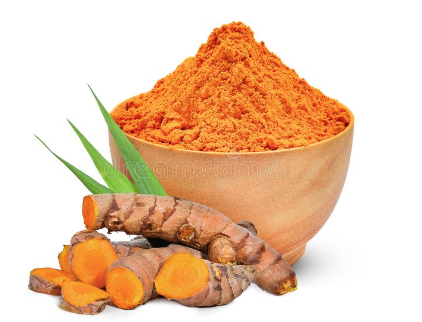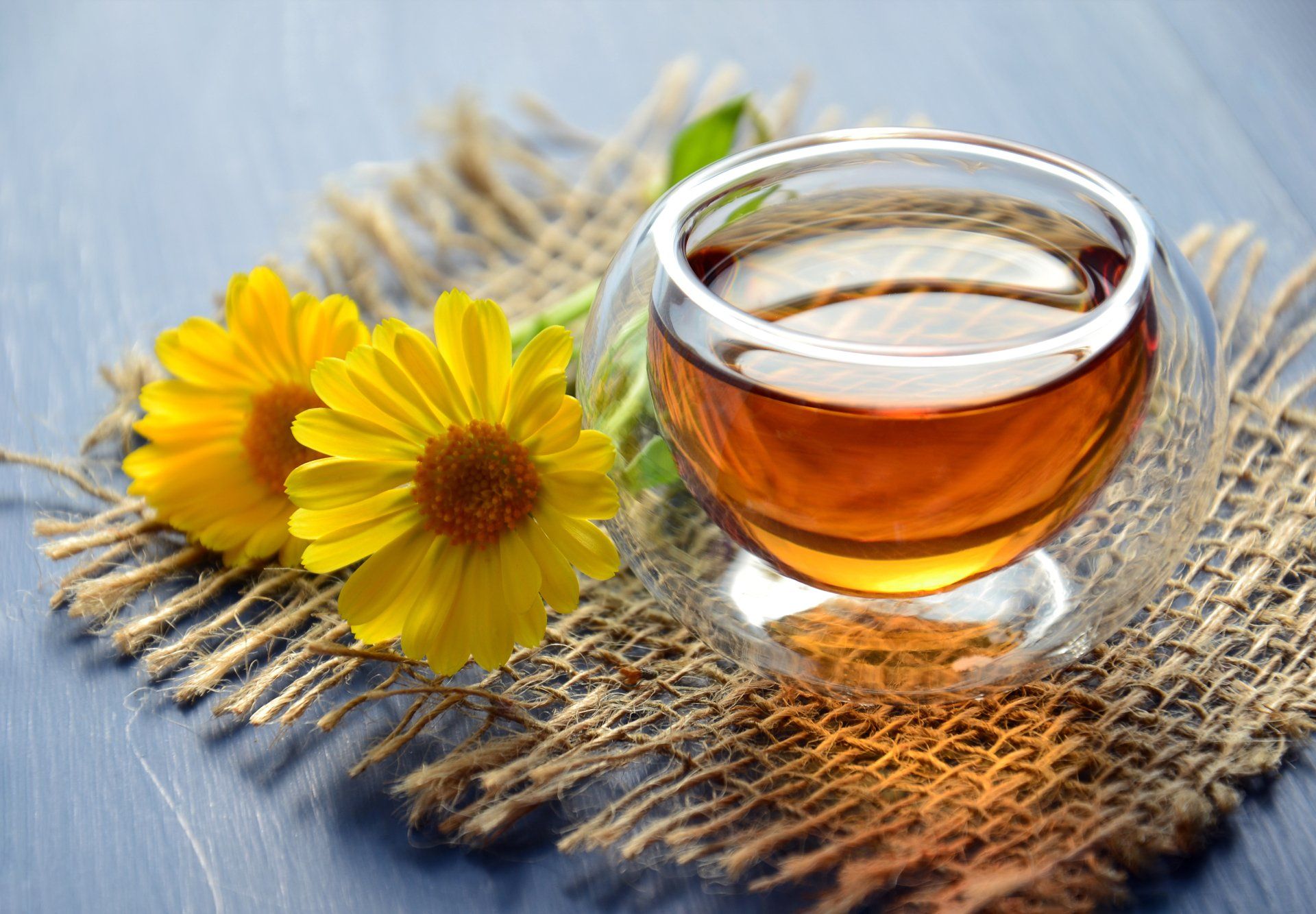9 FOODS THAT FIGHT INFLAMMATION
9 FOODS THAT FIGHT INFLAMMATION
Your immune system becomes activated when your body recognizes anything foreign—such as bacteria, viruses, and toxins. This often triggers a process called inflammation. It's the body's natural protection of defending against foreign invaders. It plays a role in the healing process, which is good! But it's when it goes into overdrive and turns into chronic inflammation that things can get hairy.
Many experimental studies have shown that fruits and vegetables, whole grains, nuts, fatty fish, and fresh herbs can help decrease chronic inflammation. Here are 9 anti-inflammatory foods.
Berries
Berries are juicy, tiny, soft, and round fruit of various colours — mainly blue, red, or purple. They have a sweet taste with a bit of acid. Berries tend to have an excellent nutritional profile. Berries are loaded with antioxidants, such as flavonoids, phenolic, vitamin C and dietary fibre.
A study by Nardi and his team showed that phenolic compounds found in berry could produce an anti-inflammatory response on paw edema mice.
In another study, adults with excess weight who ate strawberries had lower specific inflammatory markers associated with heart disease than those who didn't eat strawberries.
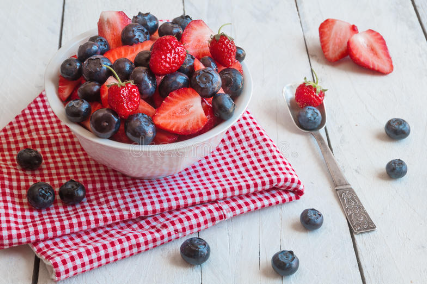
2. Broccoli
Broccoli is a green vegetable that's a good source of sulforaphane, an antioxidant that decreases inflammation in our body. Broccoli has herbaceous, grassy and earthy, with just a hint of bitterness at the end. Research has shown that an intake of 250g/day of broccoli for 10 days may reduce inflammation in young male smokers.
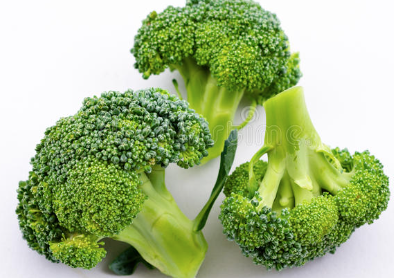
3. Avocados
Avocados are packed with heart-friendly monounsaturated fats, a plant sterol, potassium, magnesium and fibre. Research has shown that eating a lot of avocados is associated with a decreased risk of heart disease and cancer. This may be related to the anti-inflammatory effects of the antioxidants they contain.
In one high-quality study including 315 adults, those who ate avocado for 12 weeks had a reduction of inflammatory markers, improved liver function, and more excellent digestive health.
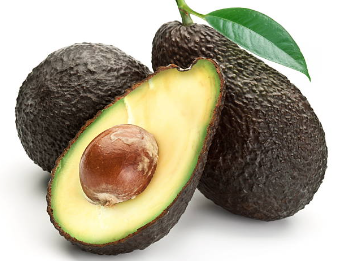
4. Olive oil
Extra virgin olive oil is one of the healthiest fats you can eat due to its minimal processing. It is rich in monounsaturated fats and polyphenol, which provides numerous health benefits. Studies link extra virgin olive oil to reduce the risk of heart disease, cardiovascular disease, inflammation and lower blood pressure in hypertensive patients.
One study indicated that whole EVOO polyphenols may significantly help modulate the aging process and chronic inflammation.
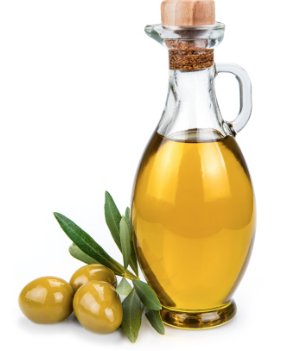
5. Leafy greens
Dark leafy greens like kale, spinach and silverbeet are top sources of lutein and zeaxanthin, two important antioxidants that can help protect your eyes from harmful UV radiations.
A higher intake of kale vegetables for 12 weeks protects against high fat diet-induced dysfunction through lipid metabolism and inflammation mechanisms.
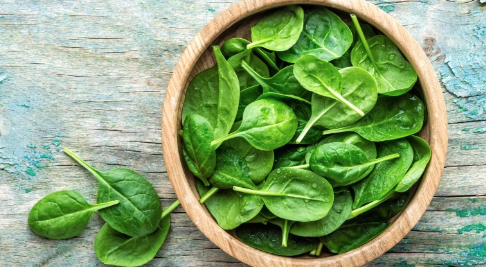
6. Fatty fish, like salmon and mackerels
Eating fatty fish, like salmon, sardines and mackerel, two or three times a week delivers healthy omega-3 fatty acids will offer anti-inflammatory benefits. Studies found that people who increased salmon or cod consumption for 6 months resulted in lower concentrations of CRP (a protein marker as a sign of acute inflammation).

7. Nuts
From almonds to hazelnuts, cashews, pistachios, walnuts and Brazilian nuts, you can choose your favourite (or mix it up) when designing an anti-inflammatory diet. In a study on 10 healthy individuals, published in The Applied Nutritional Investigation, people who consumed (20 or 50 grams) nuts had lower levels of inflammatory biomarkers like tumour necrosis factor and interleukin-6 in their blood. This delicious nut will add a kick of flavour and crunch if you sprinkle them over a salad as an energy bite along with extra protein and super good fats.

8. Gluten free-whole grains
Gluten-free whole grains, such as quinoa, brown, black or wild rice, amaranth, pure buckwheat, corn, are rich in fibre, protein and a high amount of antioxidants that can block inflammation. A study by Hole reported that 30-50 mg/ml buckwheat has potent antioxidant activity and inhibited the production of pro-inflammatory mediators such NF-KB activation. The inhibition of pro- inflammatory mediators is an excellent strategy for treating acute or chronic inflammatory
disorders.
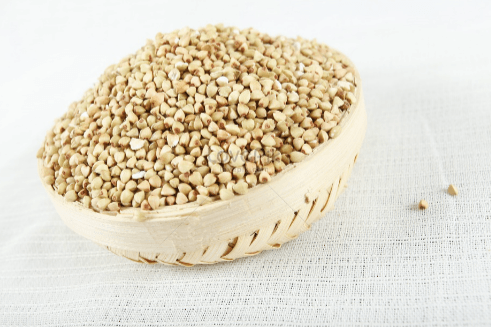
9. Turmeric
Turmeric is a brilliant yellow spice common in Indian cuisine with a warm and bitter taste. Turmeric has been used as a medicine for centuries to treat wounds infections and used to treat conditions that involve pain and inflammation. The main ingredient in turmeric, called curcumin, has powerful anti-inflammatory effects and antioxidants. A human study with
